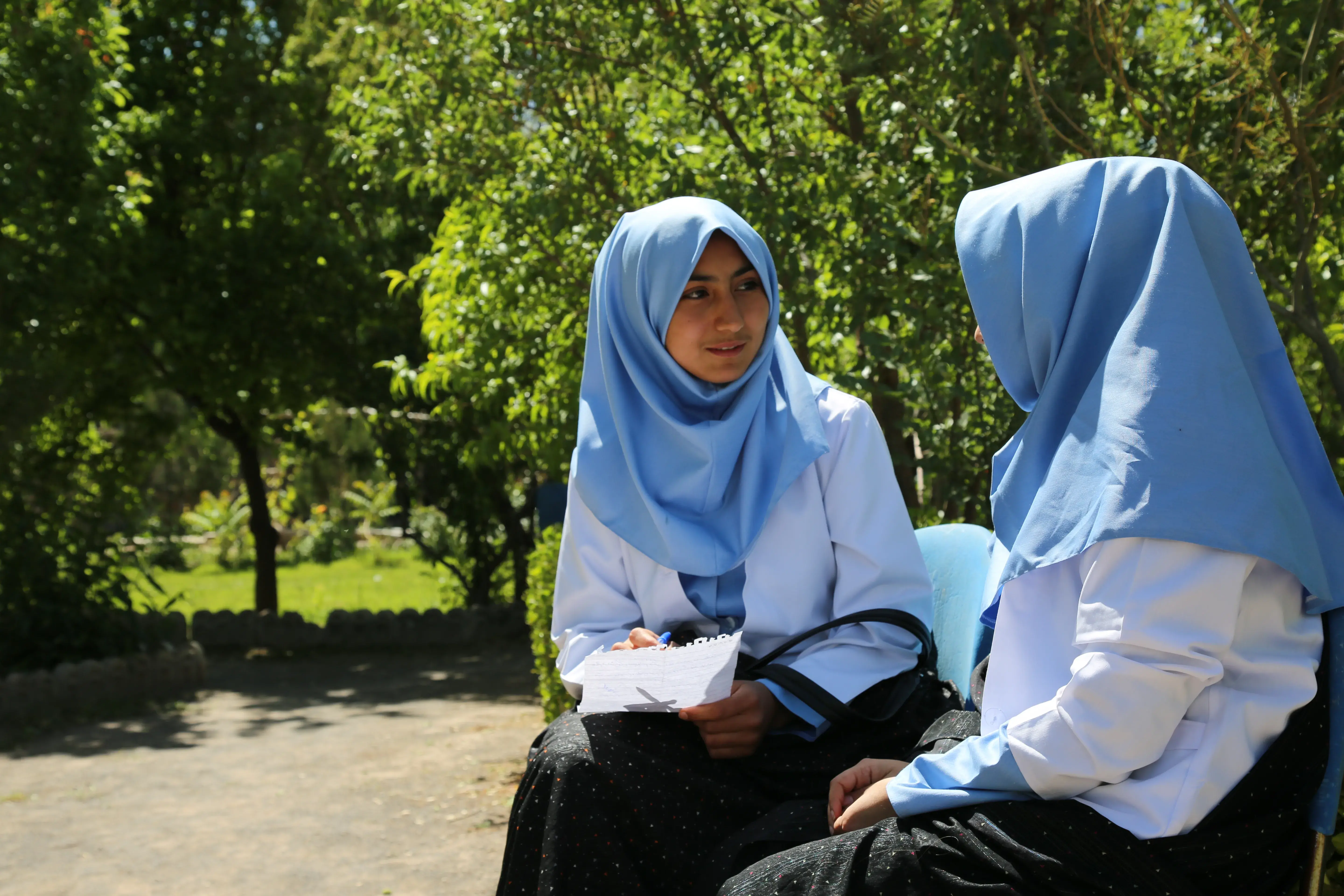UNFPA Afghanistan’s family planning programme has been working with a number of partners, including Ministry of Public Health (MoPH), Ministry of Haj and Religious Affairs and Ministry of Women’s Affairs (MoWA) of Afghanistan to promote family planning in the country. In line with these efforts UNFPA introduced the long acting contraceptive method, implant in 2014.
UNFPA introduced the contraceptive method to Afghanistan and developed training packages and job aides. Pathfinder International in Kabul helped in training Family Planning (FP) master trainers of trainers who trained others to pilot the implant method in 40 health facilities in Kabul, Parwan, Nangarhar, Herat and Balk Provinces. An assessment of these health facilities in 2016 by UNFPA indicated that the method was welcomed by many Afghan couples, particularly because of its long acting nature, giving women who lack access to FP services due to geographical and cultural issues at least 5 years of protection against multiple and unwanted pregnancy, hence potentially averting one fourth of maternal deaths (State of the World Midwifery report, 2014).
During the pilot period of the project, a total of 3378 women received Implants with only 36 women requesting for their removal during the first year in 40 service delivery points of 5 pilot provinces.
Thanks to UNFPA efforts and the findings of the assessment, the Essential Medicines List Committee of MoPH in September 2016, approved the inclusion of the Implant method in the list of Essential Medicines.




